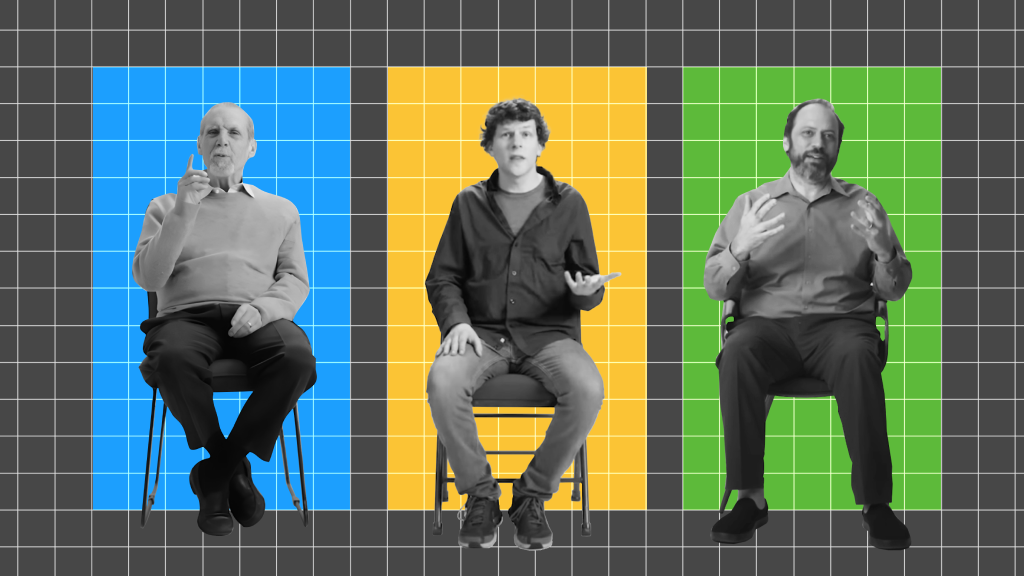Will You Live Forever?

The cover of every single edition of TIME magazine (US, Europe, Asia, South Pacific) this week has the same title: “2045: The Year Man Becomes Immortal.” It is the most mainstream endorsement of the Singularity – the time when artificial intelligence overtakes human intelligence – we’ve seen in popular media so far. The one other interesting salute was when the cover of GQ listed the Singularity in December 2009. Under a risqué picture of Rihanna was the title of a story on the Singularity saying, “It’s Almost Here – Now Things Get Really Freaky.”
In just over a year, the Singularity has moved from something that seemed freakish to something that deserves a long explanation in a highly regarded journal. The hero of the story, as always, is Ray Kurzweil, an inventor-extraordinaire and someone Bill Gates once said was “the best person I know at predicting the future of artificial intelligence.” Kurzweil believes that one day we will merge with machines, and become immortal in the process. He is not alone in his thinking: hordes of well-respected scientists, intellectuals, investors, and businessmen are joining the ranks of Singularitarians.
The excellent documentary Transcendent Man, directed by Barry Ptolemy, takes us on a journey with Kurzweil as he evangelizes his theory all over the world, giving us a glimpse into both the man and his logic. It is hard to walk away from the film unconvinced of the power of exponential growth – computing performance per dollar is increasing exponentially which means that we get far smarter scalable machines than we had the previous year. Or as the article summarizes Kurzweil’s classic example: “Your average cell phone is about a millionth the size of, a millionth the price of and a thousand times more powerful than the computer we had at MIT 40 years ago.” As machines become smarter, they can help us understand our brains better and also simulate our brain activity, which means that we could potentially “download” our brain into a more efficient body (let’s face it, watching calories as one’s metabolism slows, panting at the gym, getting old and wrinkly, having to pop Viagra – all these are annoying results of having a body that breaks down over time). If we could transport our consciousness into a robot which never ages, and can be replaced with a better model every few years, then we would never have to die. As the author of the TIME article Lev Grossman writes rather eloquently: “Singularitarianism is grounded in the idea that change is real and that humanity is in charge of its own fate and that history might not be as simple as one damn thing after another.”
In the film Transcendent Man, Kurzweil ponders on how we will become divine after we merge with machines: our consciousness will become super intelligent and will replicate itself into the universe becoming more and more all-encompassing and powerful. Reflecting on that state, he says unforgettably, “Does God exist? Well, I would say, ‘Not yet.’”




